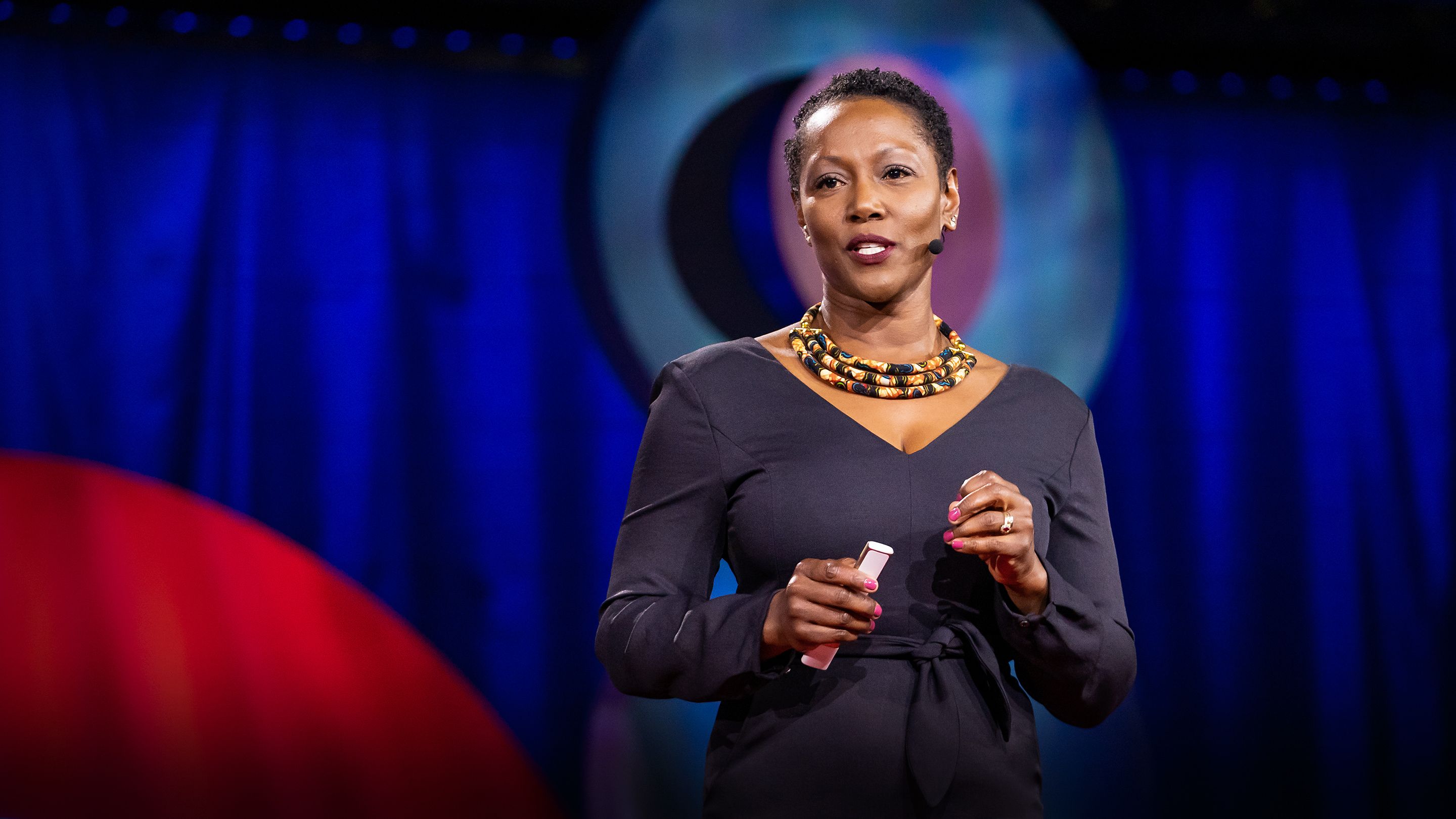Why Black girls are targeted for punishment at school -- and how to change that
2,063,823 views |
Monique W. Morris |
TEDWomen 2018
• November 2018
Around the world, Black girls are being pushed out of schools because of policies that target them for punishment, says author and social justice scholar Monique W. Morris. The result: countless girls are forced into unsafe futures with restricted opportunities. How can we put an end to this crisis? In an impassioned talk, Morris uncovers the causes of "pushout" and shows how we can work to turn all schools into spaces where Black girls can heal and thrive.
